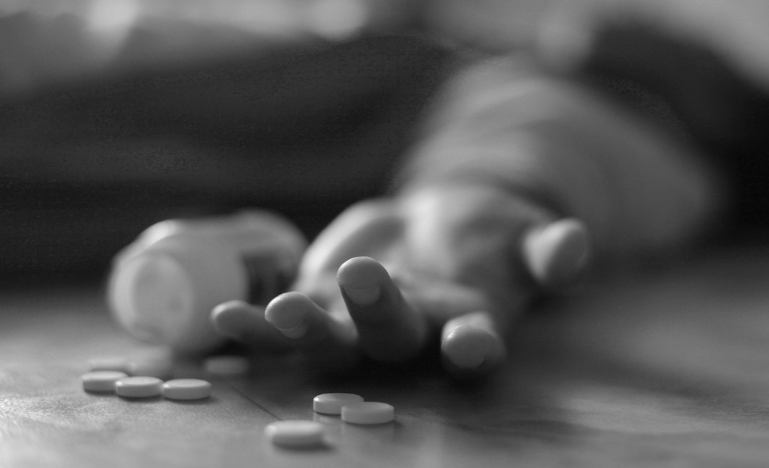While the Good Samaritan Drug Overdose Act (GSDOA) ensures immunity from charges for simple drug possession during an overdose, the Supreme Court of Canada says that protection must also extend to arrests.
That’s the finding of a 6-3 decision, which also determined that the search conducted after the arrest in the case before the court was unlawful.
The issue at the heart of R. v. Wilson was how to interpret the act, which was passed in 2017 to provide some legal protection for individuals who seek emergency help during an overdose, whether they witness or experience it. The goal was to reduce the fear of police being called to an overdose and encourage people to call 911 to help save a life.While the legislation protected a person from charges of possession of a controlled substance during an overdose, and for breaching conditions regarding simple drug possession, it made no mention of arrests.
…
Kyla Lee, with Acumen Law in Vancouver and past chair of the CBA’s criminal justice section, was pleased to see the Court take an interpretation consistent with the intent of the Act.
“The majority was abundantly clear about how exposing people to the risk of arrest for simple possession, even if they can’t be charged with it in the circumstances, would discourage people from calling 911, which would defeat the entire purpose of the legislation,” she says.
The decision also talked about the history of arrest, and the stigmatizing factors of being arrested and the impact it has on people, even if they can’t be charged. Lee says it’s important to see that kind of language from the Supreme Court of Canada. It will be helpful for judges considering section 24(2) of the Charter in other warrantless arrest situations.
However, she’s disappointed that police can still conduct other searches even if they’re unable to arrest for simple possession. It “quite widely” opens the door for police to come up with other justifications for searches, like officer safety, to look for evidence that might suggest another offence has been committed.
Lee expects there will likely be some abuse of that power, but hopes that if police are found to be looking to arrest rather than save a life, courts will try to rein in that kind of conduct.
